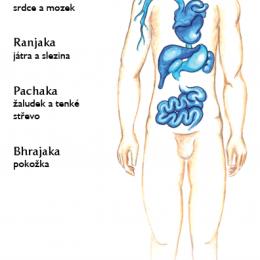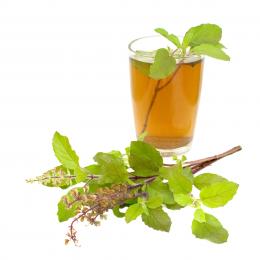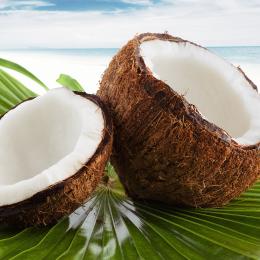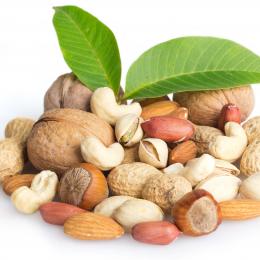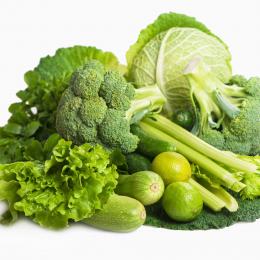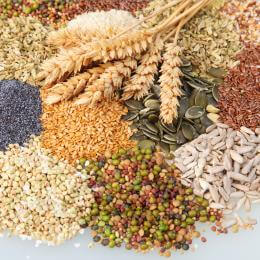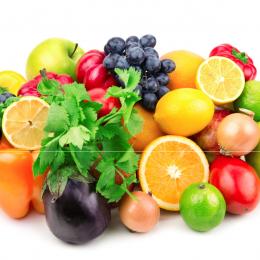
Pitta is the principle of fire and water. It is responsible for the digestive process and metabolism. The basic function of Pitta dosha is the energetic transformation and assimilation of food on the physical level together with the processing of thoughts and perceptions on the mental and sensory level.
Pitta dosha regulates body temperature and skin colour. The main areas of Pitta are: the small intestine, stomach, liver, gallbladder, spleen, heart, blood, skin, grey matter, eyes and visual sense. Pitta dosha is in charge of the process of thinking and discrimination, mental judgment and thought analysis. It is associated with willpower and the evaluation of information obtained through the five sense organs. The elevated Pitta principle brings a sense of superiority, pride and egocentrism with a tendency to manipulative behaviour, hostility, jealousy, criticism and judgment. It manifests itself as impatience, irritability and anger.
Psychosomatic Characteristics of the PITTA Type
People with predominant Pitta dosha are usually medium-tall and well-developed athletic figures. They do not like hot summers and bright sun. They sweat easily and quickly. They have warm, ruddy to freckled skin with frequent acne and firm hair with a tendency to premature greying. They are very intelligent, rational, pragmatic and competitive. They often have low vision. They have a clear mind, sharp judgment, penetrating thinking and a strong will. They are good speakers and organizers with a sense of responsibility and like to discuss and attract attention. They are leading figures with a strong personality who prefer strong authority. They tend to see mistakes and blame others. Under stress, they tend to be choleric, irritable, and impatient. They can easily get upset and be annoying critics. They have a fighting nature and therefore often enter into confrontations. They are easy victims of aggression and anger. Elevated body temperature, heartburn, gastric hyperacidity, stomach ulcers and high blood pressure are common. Various inflammations and infections, liver and gallbladder diseases, skin problems in the form of acne, rashes and eczema or eye pain or conjunctivitis are typical.
Typological Manifestations of PITTA
Pitta people are usually scientists, researchers, professors, analysts, inventors, lawyers, politicians or soldiers. Laboratories and scientific institutes are often their refuge. They are good leaders and defenders of their opinions. They have a brave and pioneering spirit, good concentration and a natural ability to penetrate deep into the very essence of the problem or topic. They are usually educated intellectuals with a clear mind and natural intelligence. They are often gifted with a certain inner insight and therefore can be good psychologists. It is necessary to deal with such people with tact and diplomacy. They do not accept instructions and advice. They must accept things based on their own understanding.
Restoring Balance of PITTA Dosha
Pitta types should use oils and creams to protect the skin, avoid harsh sun and high temperatures, reduce overwork or study until late at night or early morning hours. It is recommended to cut down the consumption of oily, heavy, salty and spicy foods, not to overeat and eat smaller portions several times a day. Suitable sports are running, swimming, skiing, climbing, hiking and competitive sports. To restore their balance, Pitta types should allow enough sleep and relaxation, regular alternation of activity and rest, colder food and drinks and a sufficient supply of fluids.
Suitable Diet for PITTA
The best taste for Pitta people is sweet and bitter. Sour, salty and hot flavours are not recommended. The proper diet should be moderate and inconspicuous in taste, however, the opposite is true in practice. People with a predominant element of fire like to indulge in hot, spicy, salty and strong flavours. Pitta person always likes to salt all meals, even if they are salty enough. Cereals are the optimal diet: wheat, barley, rice, oats. Heat-treated vegetables are beneficial and can also be raw: cauliflower, broccoli, cabbage, cucumber, lettuce, peas, pumpkin, potatoes, corn, peppers, asparagus, artichokes. The fruits have a calming and harmonizing character and has a natural cooling effect on the increased element of fire: apple, pear, grape, orange, grapefruit, plums, pineapple, watermelon, mango, figs, dates. Most legumes are suitable: beans, mung, tofu, soy, peas, chickpeas. From dairy products, milk is the most suitable for its cooling energy, followed by cream, cottage cheese and cheese. Coconut, almond or sunflower oil may be a suitable supplement. It is good to sweeten with cane sugar, maple syrup or honey. Hot spices are the least suitable, so it is good to use only a few selected spices such as: coriander, fennel, cardamom, turmeric, mint, lemon grass, cumin, etc. Salt promotes aggression in the mind and causes premature aging. Pitta people need a lot of fluids. However, they should avoid coffee and other harmful stimulants. The best drinks are pure water, mineral water, milk, herbal teas or fruit juices.

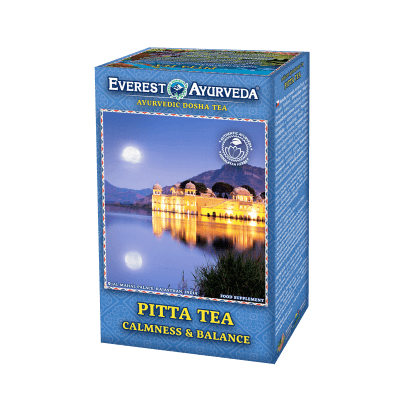 100 g
100 g 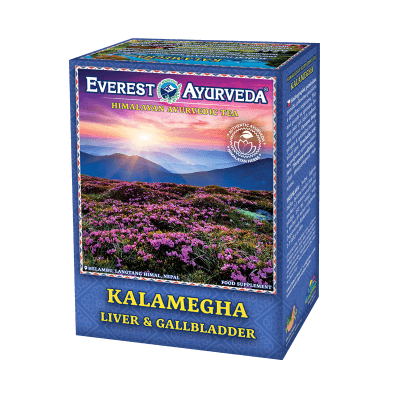 100 g
100 g 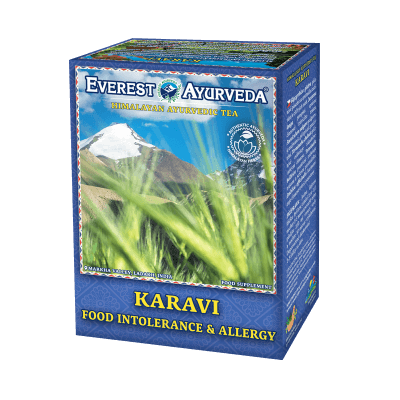 100 g
100 g 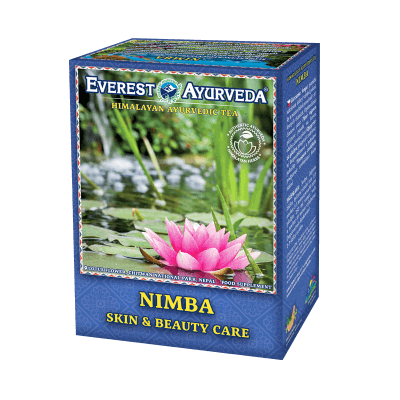 100 g
100 g 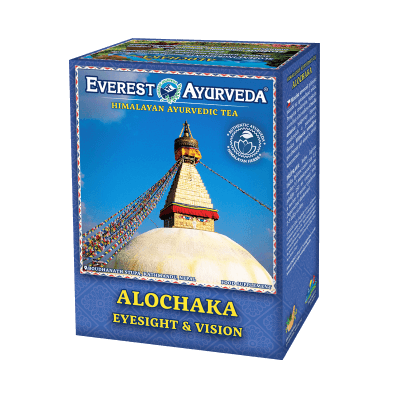 100 g
100 g 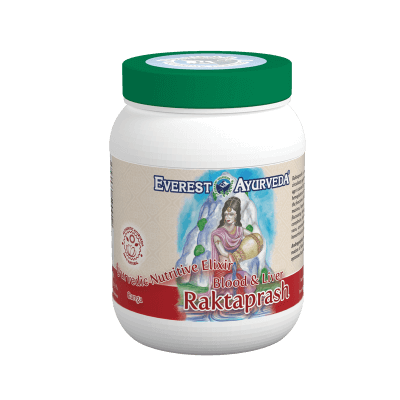 200 g
200 g 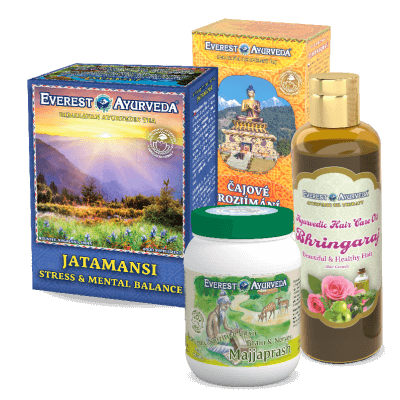
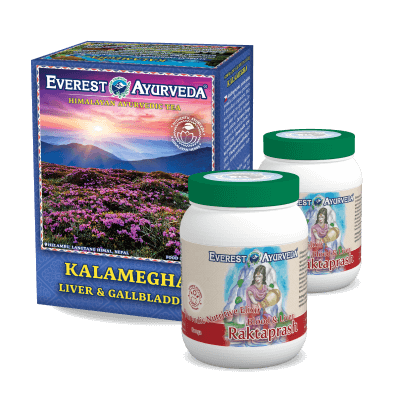
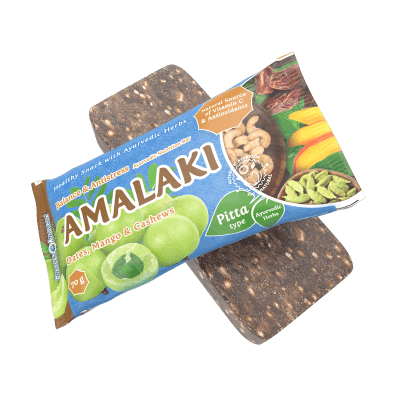 70 g
70 g 